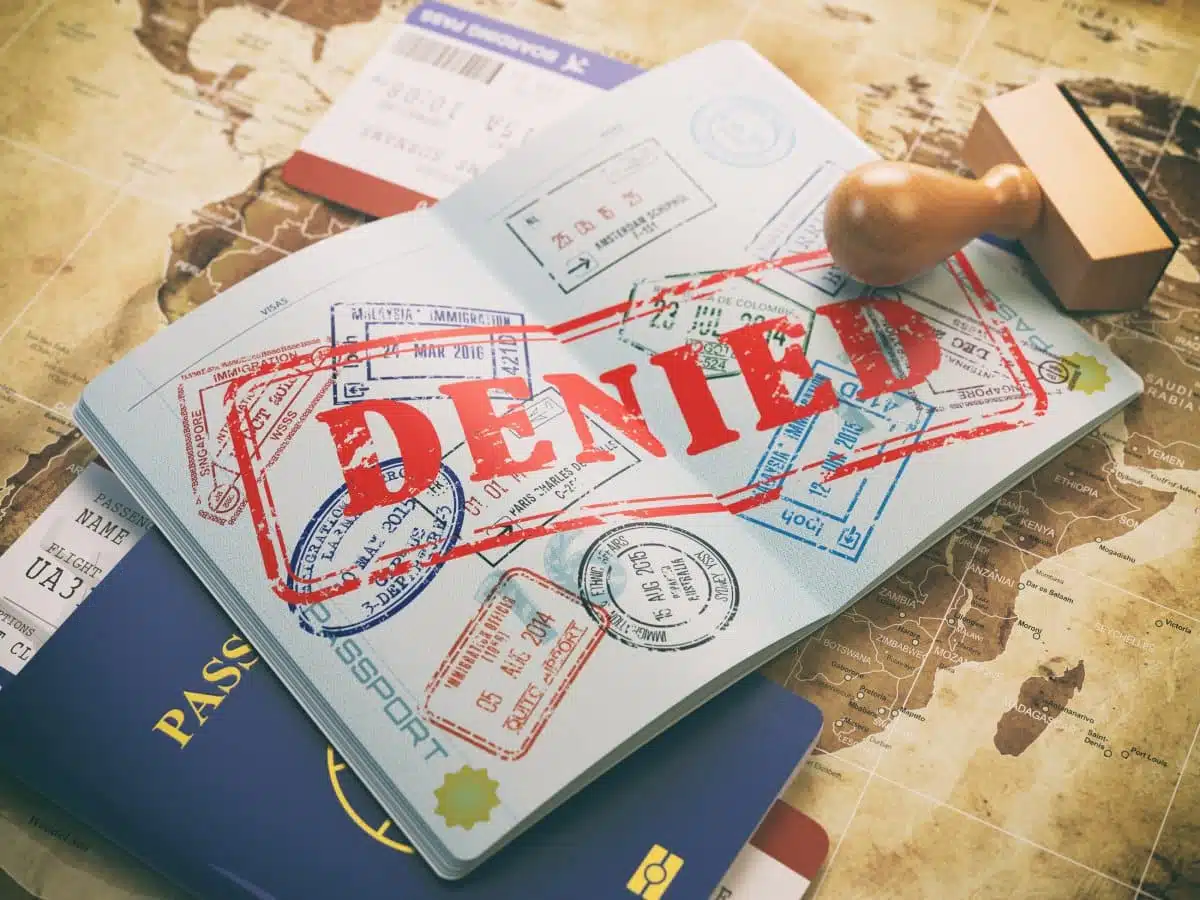Traveling as an American can sometimes run into unexpected hurdles, especially when political tensions and policies come into play. Have you ever wondered why some countries might be less welcoming to American tourists?
1. Diplomatic Disputes

Image Credit: Shutterstock / DimaBerlin
Diplomatic tensions between the U.S. and other countries can lead to travel bans as a form of political leverage or protest. These disputes often affect visa policies and entry permissions.
2. Reciprocity Issues
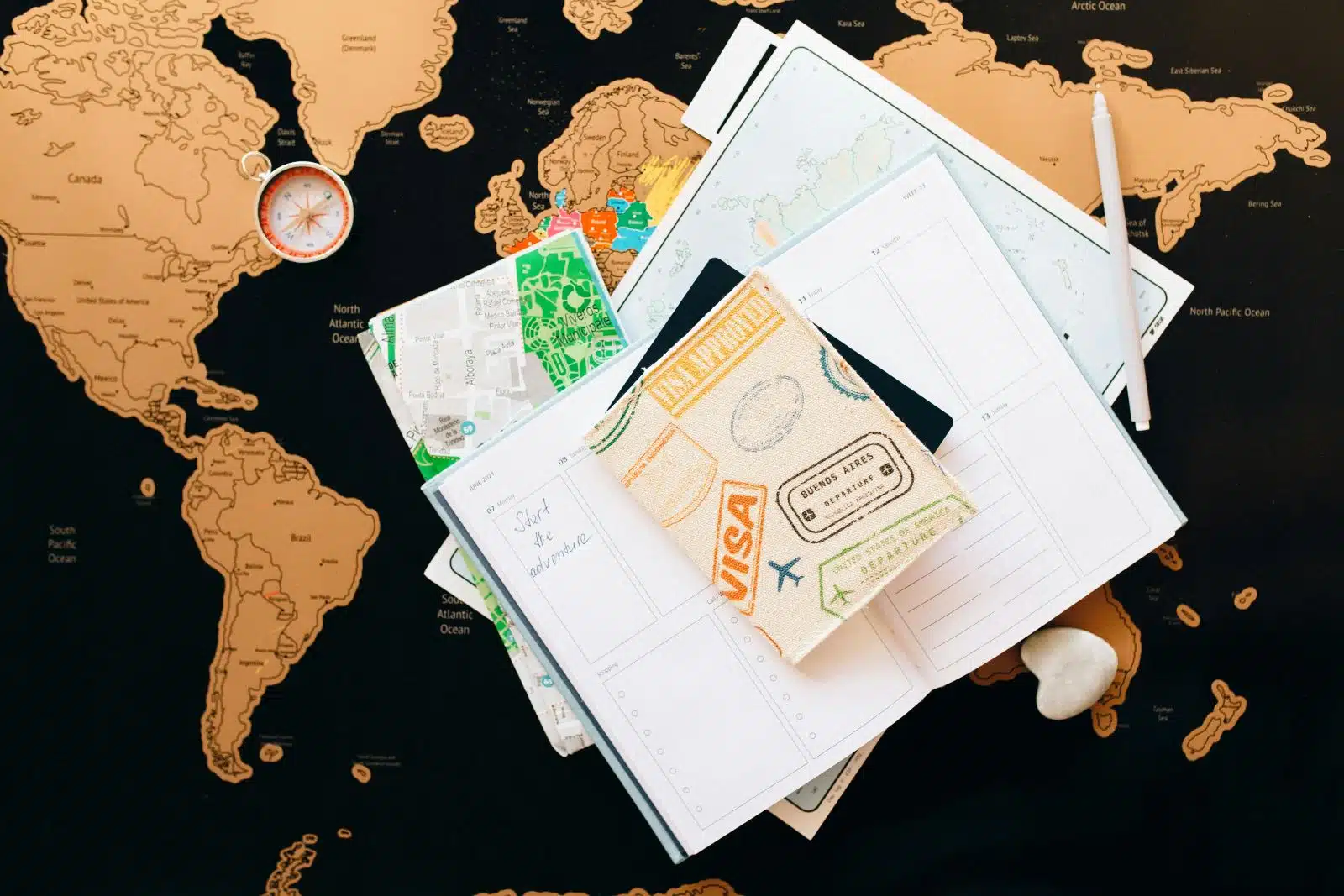
Image Credit: Pexels / Nataliya Vaitkevich
Some countries seek to mirror the U.S.’s strict visa requirements for their citizens by imposing similar restrictions on American tourists as a matter of fairness and reciprocity.
3. National Security Concerns
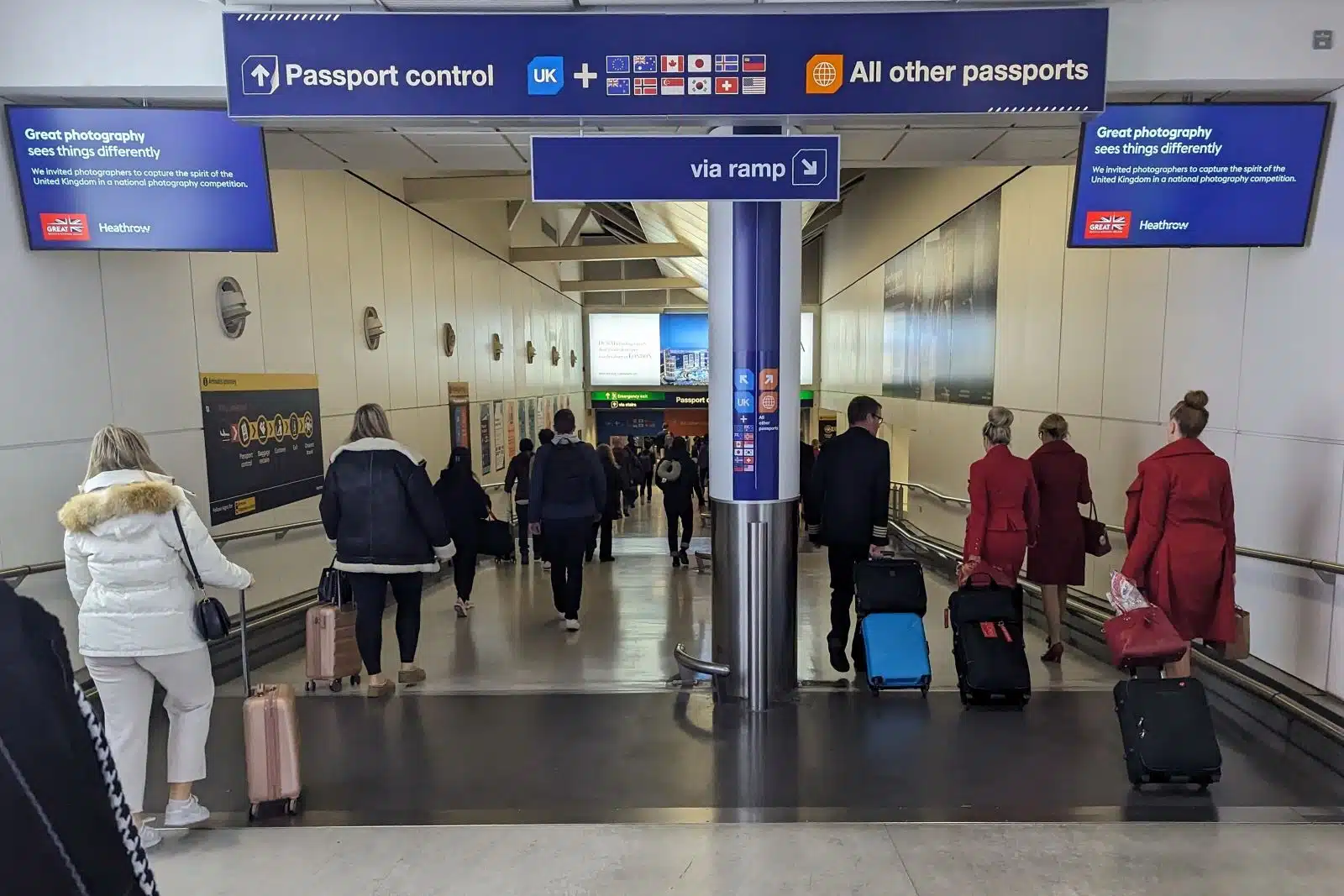
Image Credit: Shutterstock / 1000 Words
In response to perceived threats, some nations might restrict American visitors to protect national security, especially if tensions are high on global political stages.
4. Retaliation for Sanctions
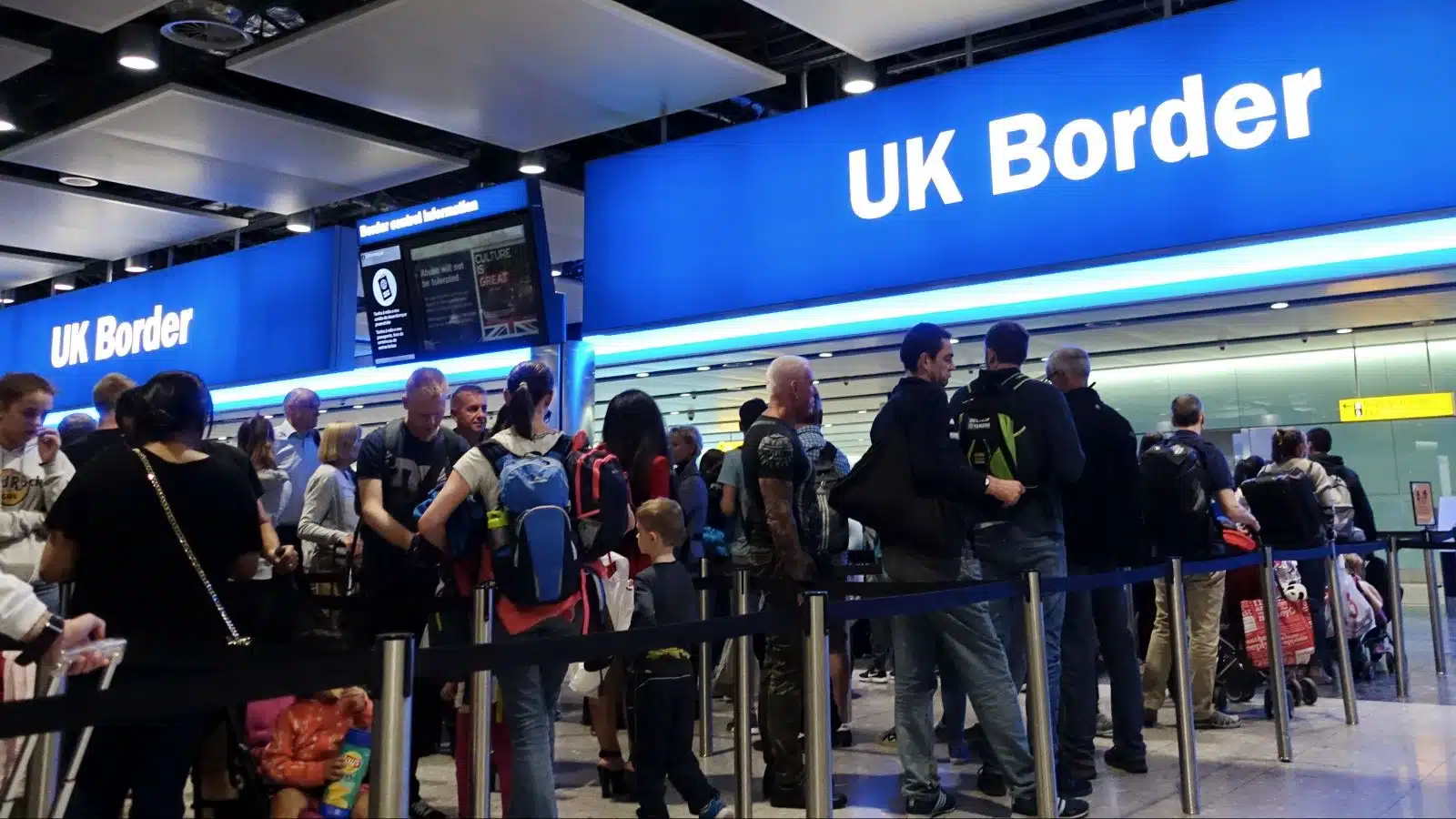
Image Credit: Shutterstock / 1000 Words
Countries facing economic sanctions imposed by the U.S. government sometimes retaliate by limiting or banning American tourists from entering their borders.
5. Negative Stereotypes

Image Credit: Shutterstock / LightField Studios
Media portrayal and popular culture can foster stereotypes that lead to general antipathy towards American tourists, influencing government policies on tourism.
6. Protectionism

Image Credit: Shutterstock / Atstock Productions
Governments might restrict foreign tourists, including Americans, to protect local industries and promote domestic tourism within their own country.
7. Health Concerns

Image Credit: Shutterstock / View Apart
During global health crises, countries may specifically ban tourists from nations with high infection rates, which has included the U.S. during pandemics.
8. Environmental Conservation

Image Credit: Shutterstock / Sippapas somboonkarn
Some ecologically sensitive areas might limit tourist numbers to prevent degradation, targeting countries with large populations or high per-capita impact, including the U.S.
9. Overcrowding and Resource Strain
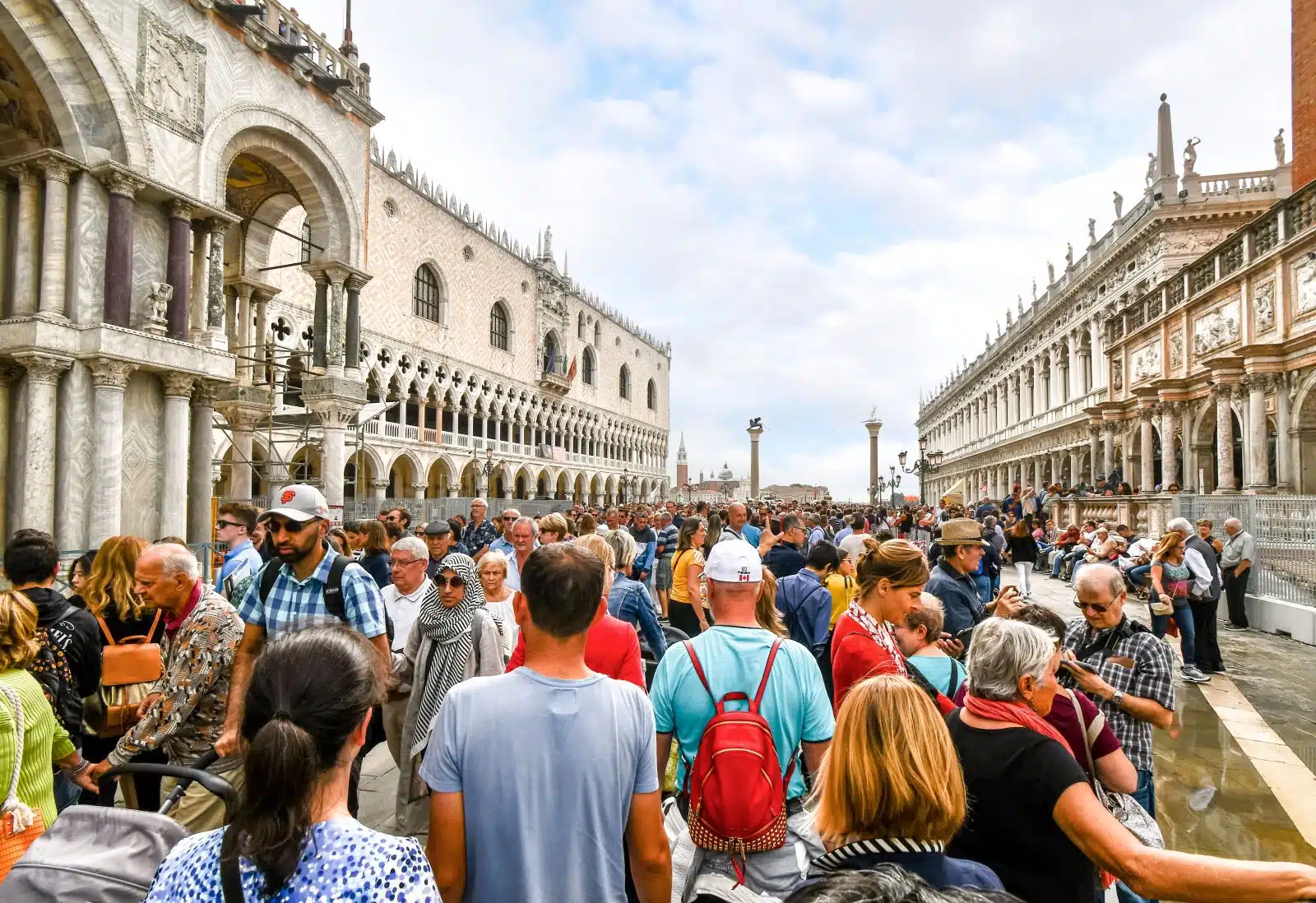
Image Credit: Shutterstock / Kirk Fisher
Popular destinations that experience overcrowding and strain on local resources might impose restrictions to manage or reduce tourist numbers, affecting U.S. travelers.
10. Influence of American Policies
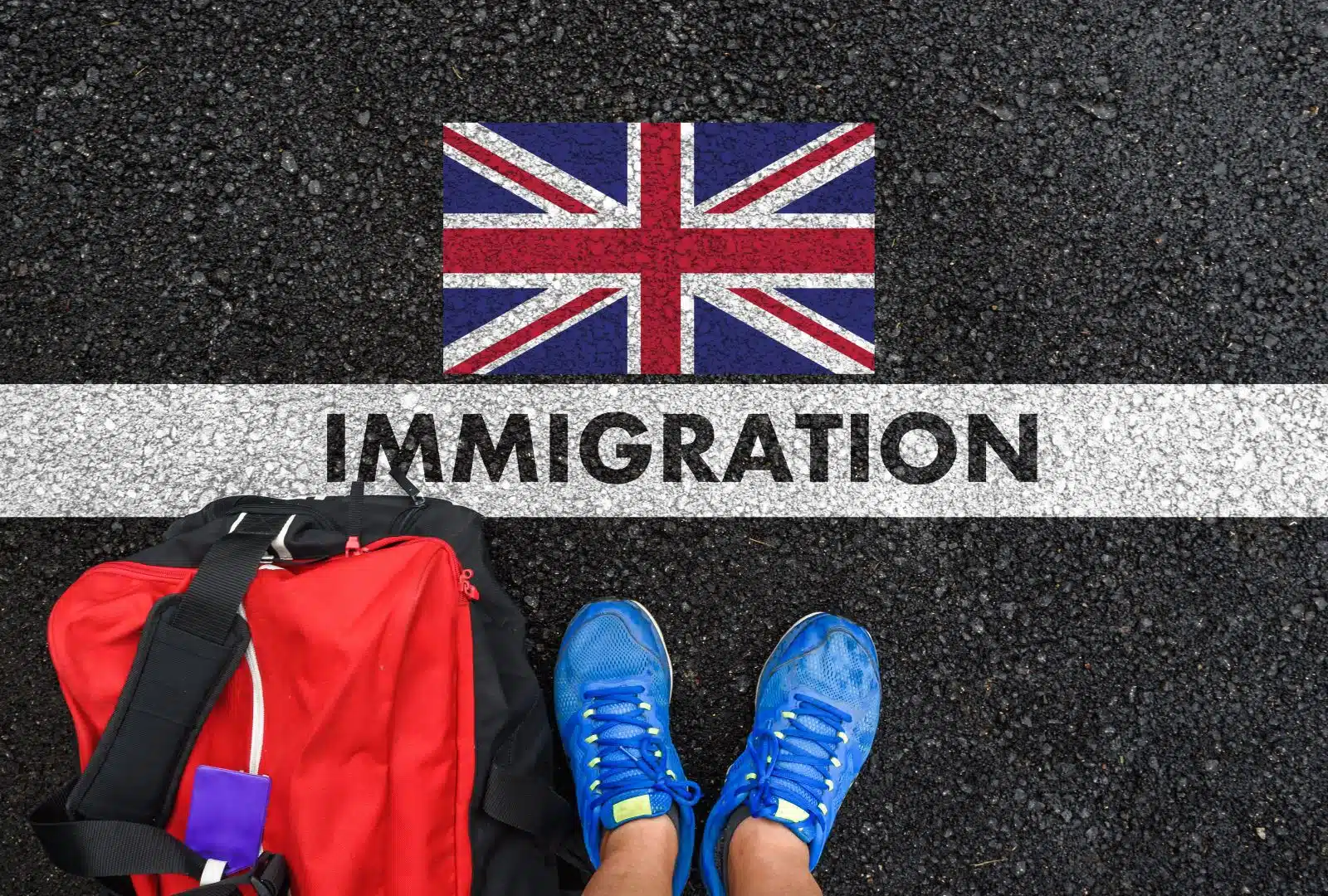
Image Credit: Shutterstock / GagoDesign
American foreign policies that are unpopular internationally can result in adverse reactions towards American tourists as a form of political statement or protest.
11. Legal Discrepancies

Image Credit: Shutterstock / AnnaStills
Differences in legal standards and practices can prompt restrictions, especially if American behaviors conflict with local laws and customs.
12. Economic Retaliation
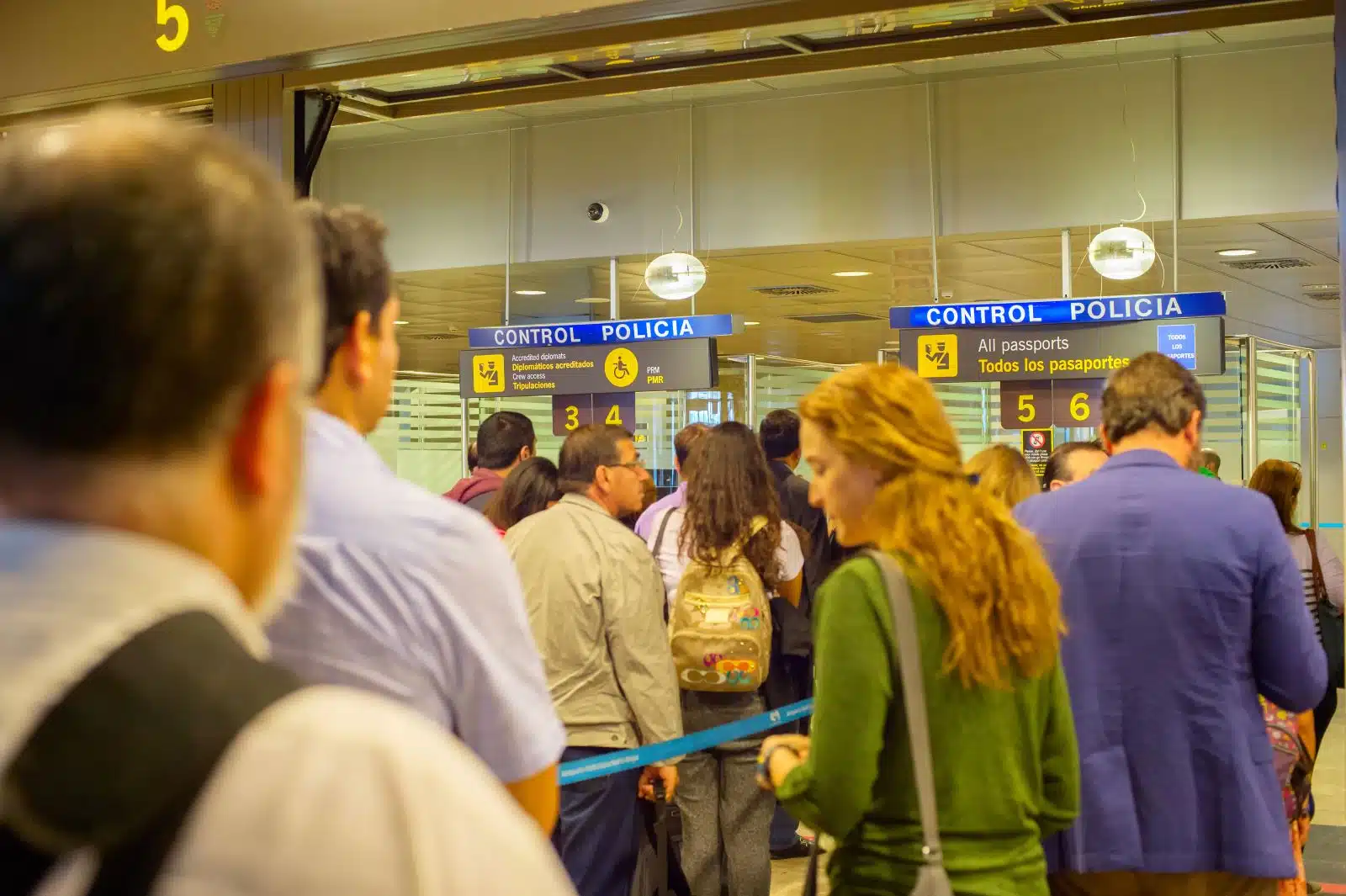
Image Credit: Shutterstock / joyfull
In reaction to U.S. economic policies perceived as unfair, some countries might use tourist bans as an economic countermeasure.
13. Cultural Preservation

Image Credit: Shutterstock / Nicoleta Ionescu
To preserve cultural heritage and traditions from the overwhelming influence of Western culture, some governments restrict tourist numbers.
14. Fear of Espionage

Image Credit: Shutterstock / Tero Vesalainen
In highly sensitive political climates, American tourists may be banned under suspicions of espionage, especially in countries with stringent government controls.
15. Political Demonstrations

Image Credit: Shutterstock / GaudiLab
Countries experiencing political unrest might temporarily restrict foreign tourists to ensure safety and manage the political landscape, affecting Americans.
16. Immigration Concerns

Image Credit: Shutterstock / Mdisk
Concerns over illegal immigration might prompt stricter tourist policies as a preventive measure, including stricter visa requirements for Americans.
17. Trade Disputes

Image Credit: Shutterstock / fizkes
Trade disagreements with the U.S. can spill over into the tourism sector, with countries leveraging tourist bans as part of broader economic disputes.
18. Human Rights Protests

Image Credit: Shutterstock / Vitalii Vodolazskyi
In protest against U.S. policies perceived as violating human rights, some countries might discourage or ban American visitors.
19. Alliance with Other Nations

Image Credit: Shutterstock / Zerbor
Countries aligned with U.S. adversaries in geopolitical conflicts may limit American tourism to show solidarity with their allies.
20. Internal Political Pressure

Image Credit: Pexels / Andrea Piacquadio
Domestic political groups within a country may push for bans on American tourists to make political statements or meet internal agendas.
Navigating the Political Landscape

Image Credit: Shutterstock / wellphoto
Understanding these political dynamics is crucial for Americans planning to travel internationally. Being aware of the global political climate can help anticipate and navigate potential restrictions, ensuring safer and more informed travel decisions.
More From The Green Voyage
Top 10 Trending Travel Destinations 2024
6 Essential Banking Apps for International Travel – Managing Your Finances on the Go
Traveling With Kids – 10 Tips to Create Memorable Family Holidays
Featured Image Credit: Pexels / Maxx-Studio.
For transparency, this content was partly developed with AI assistance and carefully curated by an experienced editor to be informative and ensure accuracy.
Tips for Trip Success
Book Your Flight
Find an inexpensive flight by using Kayak, a favorite of ours because it regularly returns less expensive flight options from a variety of airlines.
Book Your Hotel or Special Accommodation
We are big fans of Booking.com. We like their review system and photos. If we want to see more reviews and additional booking options, we go to Expedia.
You Need Travel Insurance!
Good travel insurance means having total peace of mind. Travel insurance protects you when your medical insurance often will not and better than what you get from your credit card. It will provide comprehensive coverage should you need medical treatment or return to the United States, compensation for trip interruption, baggage loss, and other situations.Find the Perfect Insurance Plan for Your Trip
